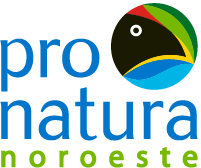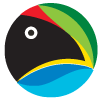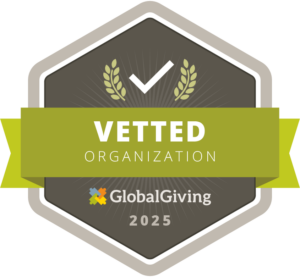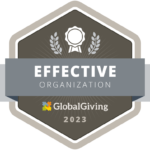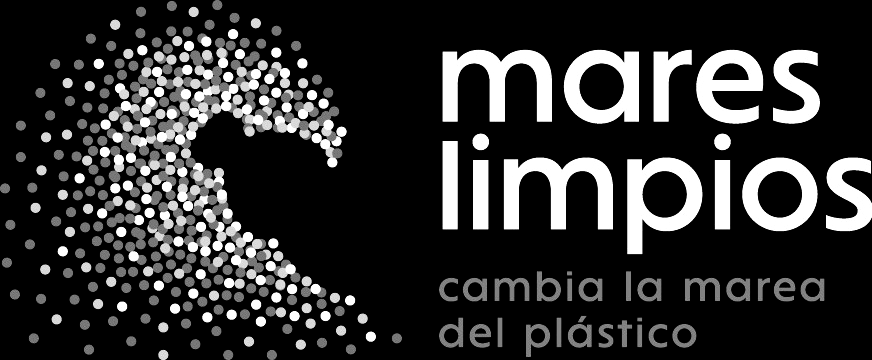The fishermen of San Felipe in Baja California are looking for new ways to improve their production and, at the same time, conserve their resource for generations to come. Currently, the conservation organizations working at the site, Pronatura Noroeste and Pesca ABC, in collaboration with the Intercultural Center for the Study of Deserts and Oceans (CEDO), are engaged with local fishermen to develop a fishery improvement project and implement a working strategy to reduce the impact on the area.
Some fishermen are concerned about the damage to the marine ecosystem that affects the resources. At the same time, some cooperatives are already considering new extraction and product management methodologies. As a result, the rapprochement with Pronatura Noroeste and Pesca ABC represents hope in uncertain waters, seeking to safeguard their legacy and, above all, the livelihood of their families.
The arduous journey of the fishermen begins around three o’clock in the morning. They set sail from San Felipe, ready to go in search of chano, curvina or whatever resource the season allows them. Other boats undertake a long journey by road, to depart from the San Luis Gonzaga bay. Beforehand, they prepare the lines with hooks and bait, prepare the divers or get ready to cast the nets. Despite this preparation, sometimes it takes a lot of effort to achieve success.

With long experience in this work, Jose Luis Meza, a fisherman from San Felipe, has noticed, along with other fishermen, that the number and size of fish is decreasing each season. Experienced fishermen are concerned about the future of fishing in the region, in part because many young people yearn for a future far from the port and its fishing heritage. In addition, some fishing methods that have been used for many years, such as the chango (a type of trawl net), have reduced the number of animals that are far from marketable. A clear example is that of sea turtles. Jose Luis shares with us that many of the fishermen would like their grandchildren to meet these beautiful creatures.
In contrast, a key objective of Pronatura Noroeste in San Felipe is to support fishermen in obtaining their resources with sustainable fishing gear, such as handline and hook-and-line. These will allow them to take ownership of the conservation and fishery improvement projects. By implementing these methodologies on their own initiative, in addition to reducing bycatch —giving an opportunity to species such as the vaquita— they will be able to secure their source of income in the long term.
Although the challenge of sustainable fishing can be controversial, we know that fishermen are willing to face this important challenge. With the necessary training and support, their work is essential to preserve fishery resources and benefit their families.
Join the conservation mission of Northwest Mexico.
